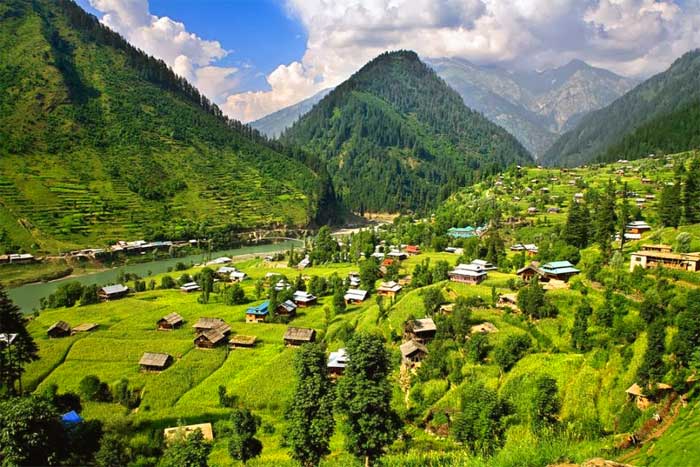As has been said, in a democracy, it is the ballot which should determine governance options and not the bullet. In Jammu & Kashmir, elections are being conducted so that voters in that soon-to-be state determine which individuals or political parties they prefer as their representatives in the state legislature. So long as the Constitutional statedly temporary provision of Article 370 held sway, its impact was to create a perception of difference between that state and the rest of India. Indeed, many analysts and commentators not just abroad but in India used to distinguish between Jammu & Kashmir and India, although the state was and will remain a part of the Union of India.
A consequence of such a misperception was that some Kashmiris began to think of themselves as being a group not linked to India. Such a view was fuelled from across the border in order to create conditions that would support a violent effort to destroy the law and order situation in the state. The people in Kashmir, especially the Pandit community that was subjected to genocidal fury and almost completely driven out of the state, suffered through the agonising period of externally-sponsored violence and terror.
Despite efforts from across the border to engineer a poll boycott, voters across J&K came out in large numbers to vote in the assembly polls. Even those who were in prison as a consequence of charges of conspiring against the integrity of the country stood in the polls, aware that the age when the bullet was supreme was over, and that it was the ballot which would be the deciding factor, of course within the boundaries which define the contours of the Union of India as determined on August 15, 1947 Contrast the festival of democracy that is being witnessed in J&K with the manner in which Pakistan-occupied Kashmir (PoK) has been administered since the unfortunate decision by the Prime Minister of the then Government of India.
This was to brush aside the counsel of some in his Council of Ministers as well as the Indian, as distinct from British officers who ought to have left for Britain on Independence Day itself rather than continue to serve a country and a government which they resented. The role played by Lord Louis Mountbatten in this sorry episode will become clear once surviving records of the period get revealed. By a premature cease-fire, which came into effect before the entirety of J&K was liberated from the militia that invaded the state from Pakistan, the inhabitants of PoK were condemned to oppression by the Pakistan army, which continues to exercise control over the territory through the extinction of the rights and freedoms of the original inhabitants of PoK. Cities such as Muzaffarabad are dominated by individuals who speak not Kashmiri but Punjabi, the language of the province whose people have in effect been in control of the Pakistan army since PoK was formed. It is time for human rights defenders within the international community to look into abuses of such rights in PoK and contrast that with what they are witnessing in the rest of J&K.

